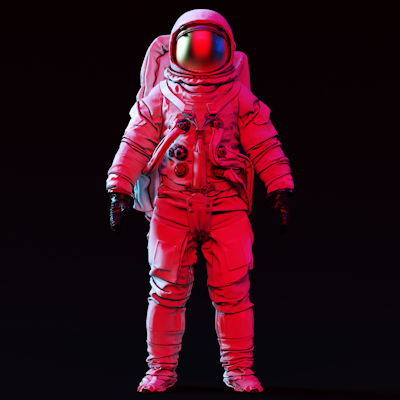October 19, 2022 -- Trinity College Dublin researchers have developed a new machine learning-based technique to accurately classify the state of key immune cells called macrophages, which has implications for a host of diseases.
Their work, published October 18 in the journal eLife, utilizes metabolic imaging to advance immunometabolism research.
Macrophages can modify their behavior and act as pro- or anti-inflammatory agents in immune responses. Macrophage classification allows scientists to directly distinguish between macrophage states, based on their metabolic response to certain conditions.
Trinity's researchers used human macrophage cells, along with 2-photon fluorescence lifetime imaging microscopy (2P-FLIM), an imaging technique based on the differences in the exponential decay rate of the photon emission of a fluorophore from a sample. 2P-FLIM requires no sample pre-treatment, can be used to noninvasively follow metabolism changes in real-time, and requires fewer cells than conventional techniques.
They introduced a new machine learning-based classifier for classically activated (M1) and alternatively activated (M2) polarized macrophages based on autofluorescence lifetime parameters excited by 2-photon excitation in the nicotinamide adenine dinucleotide phosphate hydrogen (NADPH) emission band.
This new information could be used as a diagnostic tool or to investigate the role of a particular cell type in a disease environment. This could help create therapies targeting diseases and autoimmune conditions impacted by macrophage function, including diabetes, cancer, and rheumatoid arthritis.
The research brought together biomedical engineers, computer scientists, and immunologists, which Trinity PhD candidate and co-author Nuno Neto called "a prime example of inter-departmental collaboration in a multidisciplinary field."
"Our method opens the door to tracking disease progression and/or physiological response to therapies," said co-author Michael Monaghan, PhD, associate professor at Trinity.
Copyright © 2022 scienceboard.net










